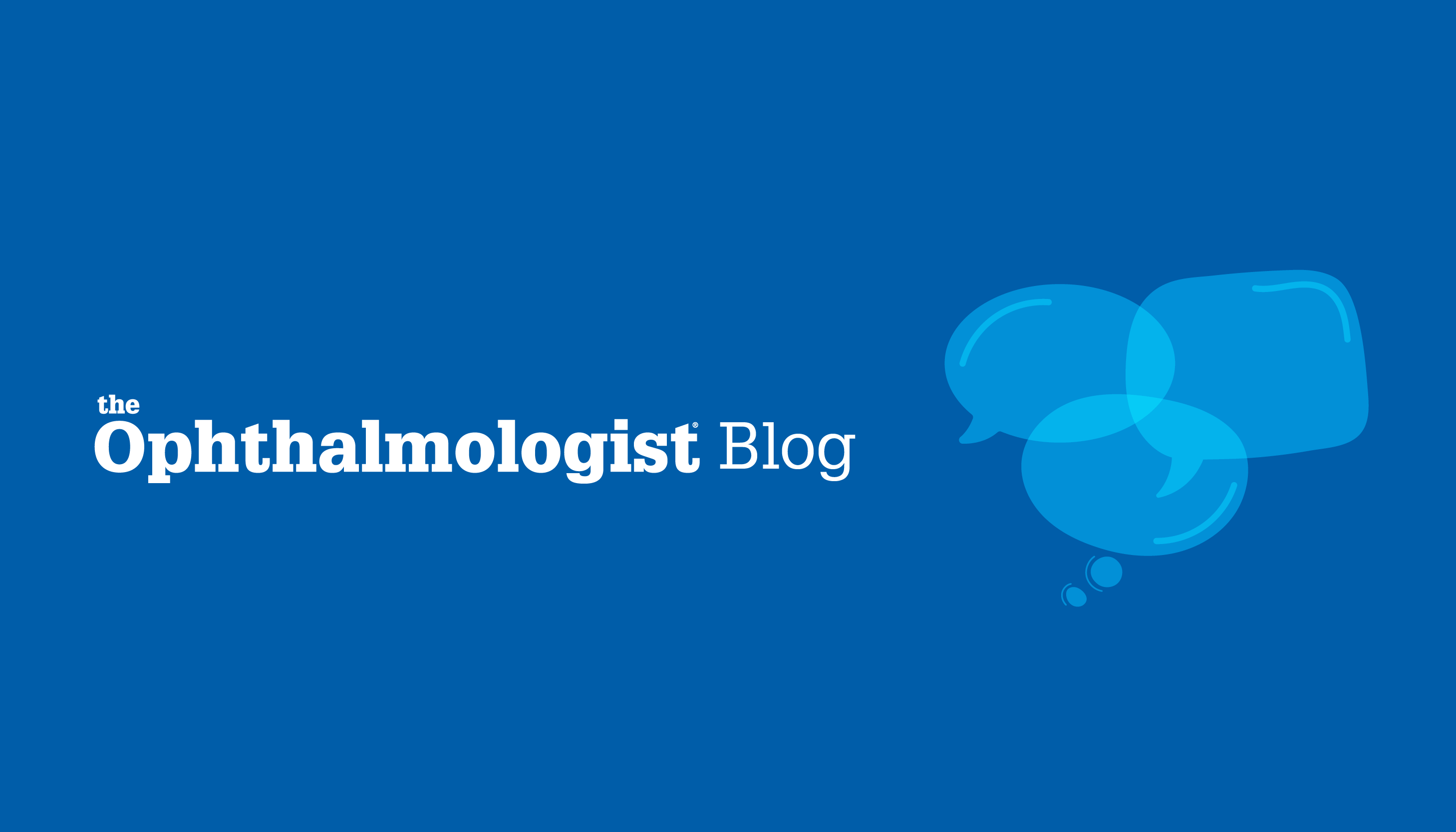
If you’re like me, you will (totally) recall several eye-popping scenes from a certain 1990 Arnold Schwarzenegger movie. And although spaceflight-associated neuro-ocular syndrome (SANS) is nowhere near as rapid or dramatic, there are some similarities – at least in my nightmares.
Over the last few decades, the symptoms of SANS – originally known as VIIP (visual impairment intracranial pressure) – have been observed in astronauts returning to Earth after prolonged exposure to microgravity. Researchers suggest that the ocular structural changes and resultant temporary vision impairment are most likely due to cephalad fluid shift – with fluid moving toward the upper body and head, causing increased intracranial pressure.
“SANS is a completely extra-terrestrial disorder with no precise terrestrial analog,” says Andrew Lee, Professor of Ophthalmology, Neurology and Neurosurgery at Weill Cornell Medical College, New York, and prominent researcher of SANS. “However, SANS research may provide answers to unanswered questions on Earth about diseases related to cephalad fluid shifts or idiopathic intracranial hypertension. Many NASA innovations (for example, personal computers) have found applications on Earth, and, likewise, countermeasures for SANS may provide clues for solving terrestrial neuro-ocular disorders.”
Although SANS has not yet resulted in blindness, the longer-term consequences of the syndrome remain relatively undocumented. But since the first manned space flights, NASA has used several post-mission techniques, including optical coherence tomography (OCT) and magnetic resonance imaging (MRI), to better define the symptoms of SANS; researchers have found symptoms ranging from hyperopic shift and choroidal folds to posterior globe flattening and increased intraocular pressure.
With Blue Origin and Virgin Galactic now both licensed for space travel by the US Federal Aviation Administration (FAA), Elon Musk’s SpaceX currently awaiting approval, and the world’s first space hotels currently under construction, space tourism is becoming an increasingly credible prospect – and not necessarily just for the super rich; some forecasts suggest that the space travel market will follow a similar evolution to civilian air travel… We’ll see.
Either way, Lee believes we should remain cautious about sending people into space: “Astronauts are very healthy individuals who have undergone years of training – mentally and physically – for space travel,” he says. ‘“Space tourists are unlikely to have the same level of fitness and training, and thus may be more likely to have sequelae from SANS.”
Prem Subramanian, a neuro-ophthalmologist also involved in SANS research, agrees. “There may be unknown risks for people who have other medical problems that would have excluded them from being astronauts,” he says. “I anticipate we will learn a lot more about these long-term effects, if commercial space tourism becomes a reality.”
When that day comes, let’s hope we can all forget Total Recall…
References
- J Yang et al., “Spaceflight-associated neuro-ocular syndrome: a review of potential pathogenesis and intervention,” Int J Ophthalmol, 15, 336 (2022). PMID: 35186696.
